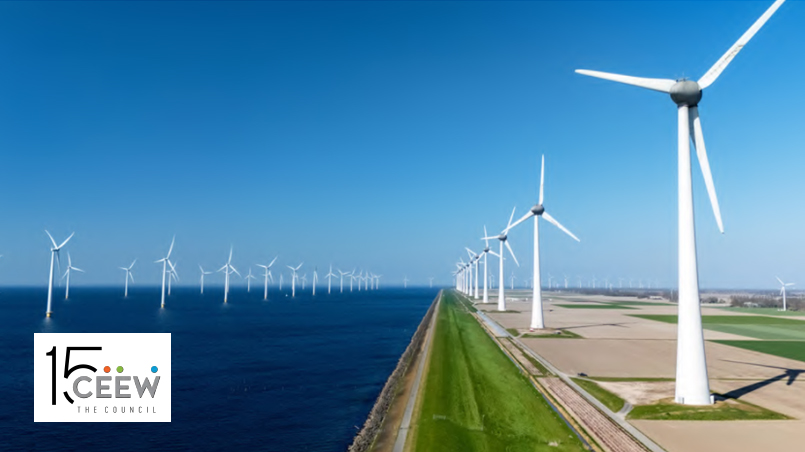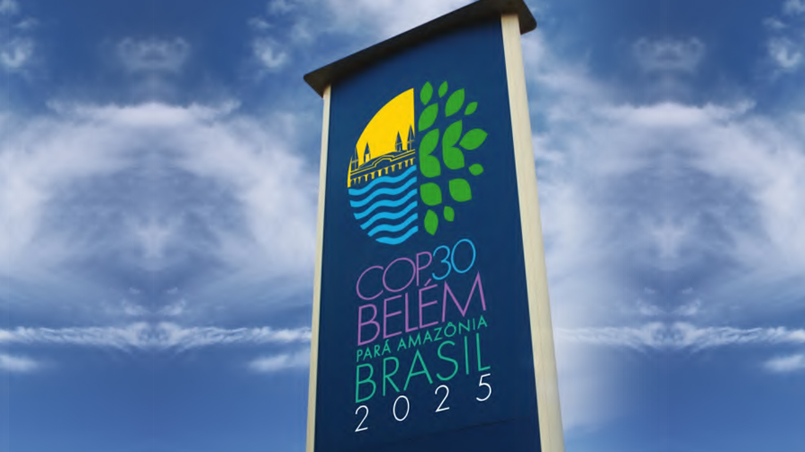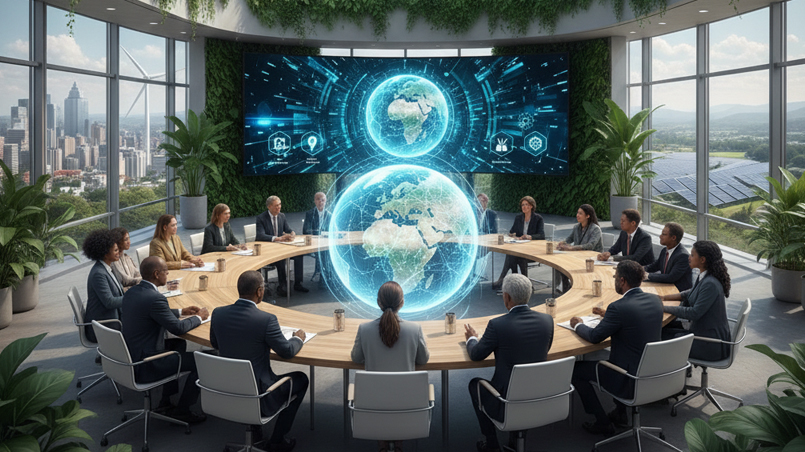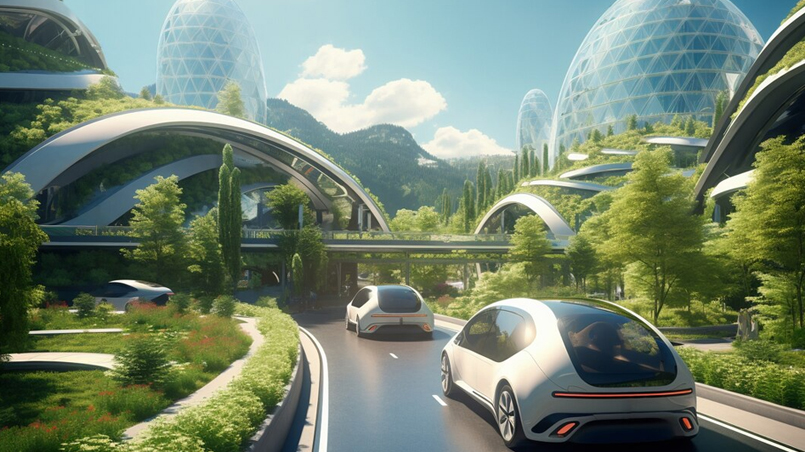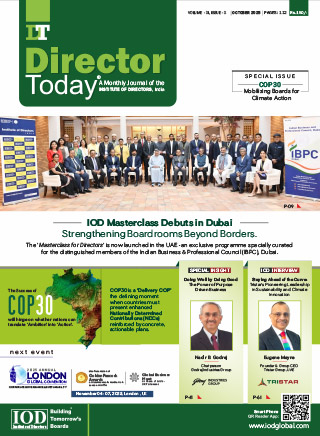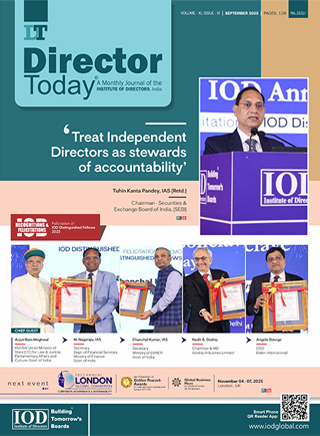IOD Special Talk - Rethinking Energy for Sustainability

A Perspective on Technological Advances in the Quest for Net Zero
Good evening, everybody. I would like to congratulate IOD for putting up this wonderful session and inviting all of us here to be a part of it.
Since morning, I've been listening to many elite speakers and industry leaders share their innovations, their ideas, and what they have implemented in their companies. It's been a very humbling experience.
So respected chair and my respected fellow speakers. Today's subject is going to be 'how we are going to use innovative technologies to help companies and corporations go green'. So my talk is going to be basically on four subjects. So what are the key drivers?
We are talking about Net Zero, Renewable Energy (RE) capacity addition, RE purchase obligations, and sustainability targets, and we also had wonderful speakers talking about EU and CBAM regulations.
So sustainability is a big topic, and we are just at the beginning of the journey. There have been quite a bit of operational improvements, as fellows were speaking in the morning-something about resource efficiency, and then talking about fuel switch, which is also a sustainable way of going, and then renewable penetration, in solar and wind, whatever the capacity, then working with your supply partners to go green, and then, the most talked about and upcoming is carbon capture, which is a disruptive technology.
What other technical disruptions are happening? If you see solar photovoltaics, batteries, onshore wind, offshore wind, and green hydrogen, that's the fifth pillar where the disruption is happening.
Going green is not expensive. It is doable for each one of us. Be it a big or small player.
If you look historically between 2010 and 2020, we had more than 80% of cost drops, which are happening on account of technology, disruption by chemistry, innovation in cell technologies, manufacturing, and volumes of scale. Onshore wind was a favourite, a couple of decades ago, but now offshore wind is going through a tech disruption, especially in Scandinavian and European countries, and of course India is embracing offshore wind. Then there is the big subject, green hydrogen, which is also going through a lot of technical disruption. But if you see, for the past year up to 2023, the investments or the cost of electrolysis are especially phenomenally high.
What we expect from 2024 to 2030 onwards is that photovoltaics will have another 20% drop, and then we are going to have batteries where we are more optimistic, probably 10%. Onshore wind is where we think it is going to be because the wind industry is going from brush turbines to brushless turbines, so we do see a lot of innovation happening there. Offshore wind is going to go up to 15%, and then green hydrogen is expected, with all the capacity additions happening in India and overseas, resulting in a 30% cost reduction due to innovation in the technologies. A key driving factor is the leveled cost of energy generation. Yes, people may think that going solar or renewable is an expensive affair. No, certainly not. It's something around 3.65 to 3.50 paise, but the deal breaker here would be the viability itself. The viability comes once the technology is in mass production and is adopted. Gone are the days when renewable was not the flavour because of availability. Going green is not expensive. It is doable for each one of us. Be it a big or small player. 100 percent renewable is doable. I think that's what all of us are working towards.
I come from a photovoltaic company where I'm a secondgeneration entrepreneur. I'm on the board as well. We are tier-one model manufacturers. We also do solar projects, both ground-mount and utility-scale projects, and we also sell energy. So that's about me. I'll be taking questions, and I will be taking questions on how to take you on an advisory role, including how to go green, et cetera.
Author
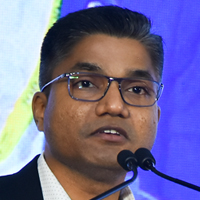
Mr. V. C. Raghunath
Director, SWELECT Energy Systems Ltd.
Owned by: Institute of Directors, India
Disclaimer: The opinions expressed in the articles/ stories are the personal opinions of the author. IOD/ Editor is not responsible for the accuracy, completeness, suitability, or validity of any information in those articles. The information, facts or opinions expressed in the articles/ speeches do not reflect the views of IOD/ Editor and IOD/ Editor does not assume any responsibility or liability for the same.

 Quick Links
Quick Links
 Connect us
Connect us




 Back to Home
Back to Home

